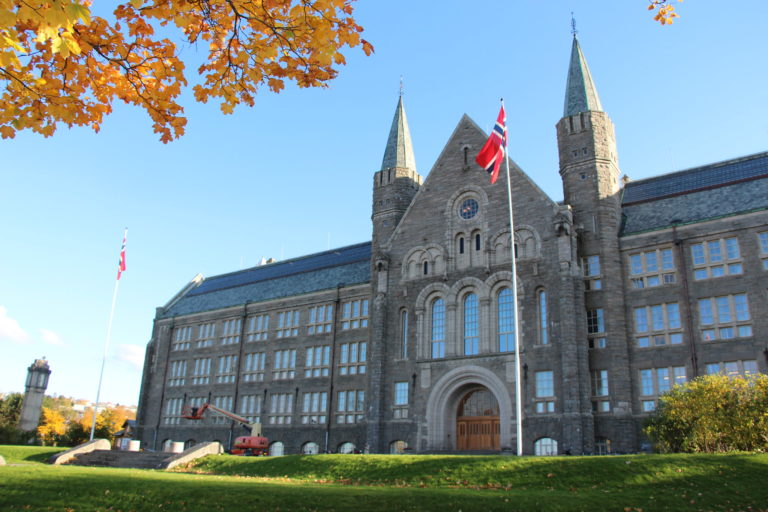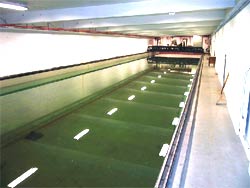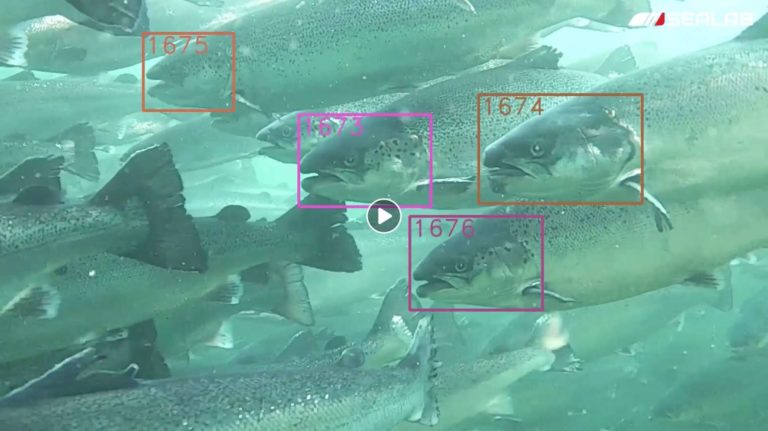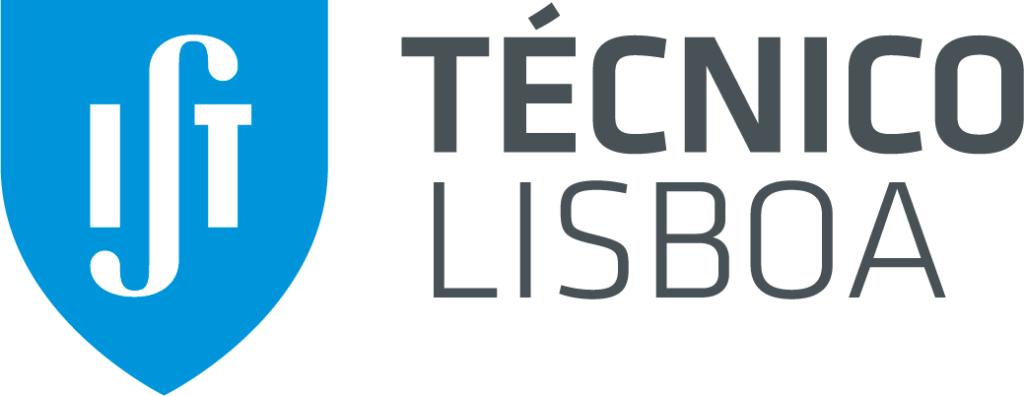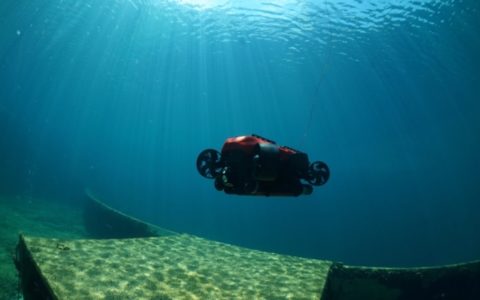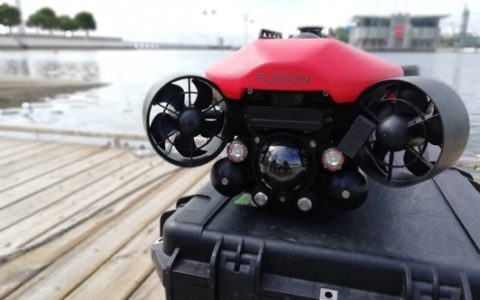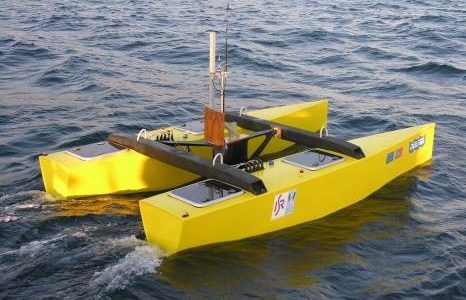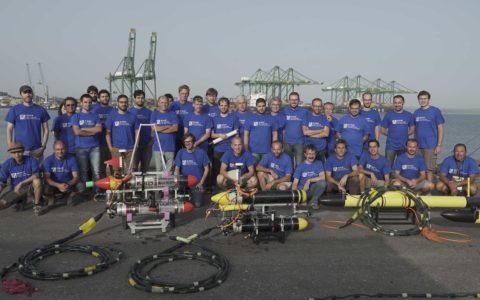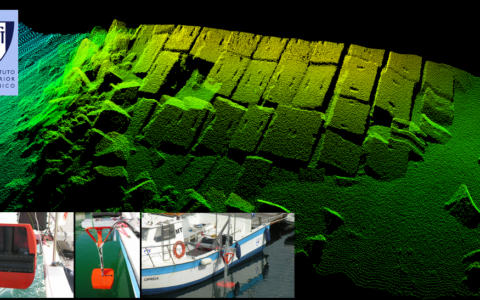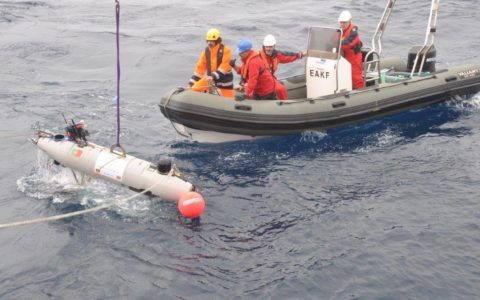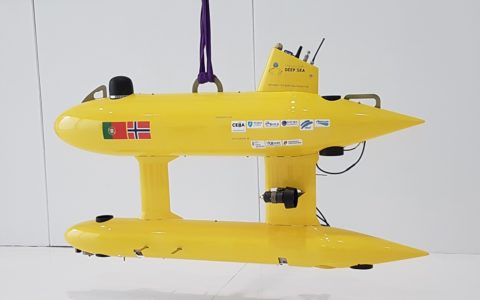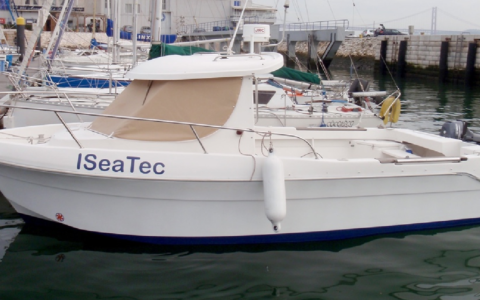The Master in Marine and Maritime Intellugent Robotics (MIR) is built on a global consortium consisting of 4 main partners and on an expanding multidisciplinary network of 28 global associate academic institutions in marine/maritime sciences, AI and robotics and 26 leading industry partners in 21 countries. MIR students conduct their Master studies at 2 of the 4 main academic partners institutions.
All MIR students spend the first year in France at UTLN, and then depending on the study track selected move to one of the 3 main partners NTNU, UJI or IST- UL for the second year.
- UTLN (France)
- NTNU (Norway)
- UJI (Spain)
- IST – UL (Portugal)


Avenue de l’Université
83130 LA GARDE
FRANCE
www.univ-tln.fr
Université de Toulon - UTLN (France)
The university of Toulon is recognised for its close ties with Blue growth sectors and its interdisciplinary studies on the thematic poles of Sea, Environment and sustainable development and Information. The MIR master is based on the existing UTLN ISC Master . The university has access to important research infrastructure for marine science and deep sea exploration. Relevant research laboratories of UTLN which are committed to contributing to the MIR programme through both teaching and research opportunities are LIS, COSMER, and MIO.
All students following the MIR program will study the first year at the University of Toulon (UTLN), France, in partnership with the Seatech Engineering School and the Faculty of Sciences and Technology.
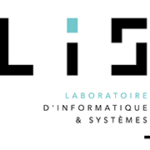 LIS
LIS
LIS is a research lab (UMR) under the supervision of the Centre National de la Recherche Scientifique (CNRS), Aix-Marseille University and University of Toulon with the Ecole Centrale de Marseille (ECM) as a partner. Research activities in LIS are structured in 4 thematic departments: Calculus, Data Science, Signal and Image, System Analysis and Automatic Control. DYNI is a research group in the Data Science department of the LIS laboratory (UMR 7020 CNRS). The group is located at the University of Toulon and specialises in the use of advanced machine learning and data acquisition methods for the experimental sciences. DYNI’s research in artificial intelligence and representation learning aims to cover the data processing and transmission chain from sensors to users, applied to domains such as bioacoustics, speech and hearing, multimodal information analysis in physics, health and cognition. A major focus of the group is the study of the marine environment and its wildlife, proposing novel multi-modal sensing, autonomous robotics and representation learning approaches. Research topics include multichannel passive acoustic monitoring in underwater scenarios, passive acoustic mobile target tracking with USVs, sperm whale sonar modelling, unsupervised learning of sequential data and multi-resolution learned representations. The team consists of 5 permanent members, 2 associate members, 4 PhDs and 1 postdoc. Furthermore, DYNI proposes, builds and validates multimodal data mass acquisition technologies based on IoT and robotics, through the university technology platform SMIoT.
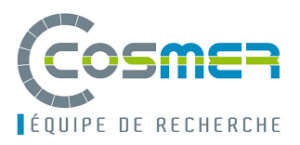 COSMER
COSMER
COSMER is a dynamic research unit created in 2015 at the University of Toulon to develop robotics activities in close relationship with local institutes and companies in the field of marine and underwater robotics. The team has started to develop marine robotics research in 2016 focusing on mobility and autonomy of sea-surface and sub-sea vehicles. Research topics deal with the visual serving of underwater umbilical’s inside a chain of robots designed for the progression inside a cluttered environment, the real time simulation of physically realistic fluid-solid interaction for the identification of hydrodynamic parameters, the active management of tethers between an autonomous surface vessel and an underwater robot thanks to an embedded smart winch, and the control of an object-oriented architecture of a swarm of underwater exploratory robots. Four ongoing PhD and five tenant research scientists are working together to reach the objectives of increasing the autonomous capabilities of marine robots. In addition, the team is putting forward teaching courses and workshops in the frame of the CORAL (Constructive Offshore Robotics ALliance) project (leader: IFREMER), and with the introduction of a new Master of Sciences programme at the University of Toulon that is dedicated to Robotics, namely Robotics and Connected Objects with marine robotics modules (started Sept. 2018).
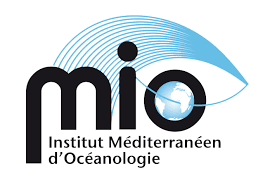 MIO
MIO
The MIO gathers 240 scientists (among which 60 work in Toulon) from Aix-Marseille university, university of Toulon and research institutes of CNRS and IRD. The MIO is involved in the observation and the understanding of processes at sea and at the interfaces with atmosphere or with seashore. This concerns all aspects of oceanography: biology, microbiology, biogeochemistry, ecology, physics, modelling, in situ measurements and remote sensing. At university of Toulon, physicists focus on coastal processes and their interactions, with seashore on one side, open sea on the other side, the latter being remotely sensed by high-frequency radars. Chemists are involved in the determination and characterization of contaminants in the marine environment, the role of organic matter in their transfer into water and sediments, and in the development of spectroscopy. Biologists study the structure and functioning of marine coastal and pelagic marine systems and the impact of anthropogenic inputs on populations and communities. They also analyze the influence of the biotic compartment on the fate of contaminants in the marine environment. The MIO participates in a number of international interdisciplinary research projects focusing on marine sciences and implementing cutting edge technologies for marine exploration and protection.
Specifically, at UTLN international students benefit from on-campus accommodation which is managed by the CROUS, and for students wishing to find off-campus accommodation lists of alternative housing in the private sector will be provided. Upon arrival students have the option to be lodged with a family temporarily should they so wish. UTLN has an experienced international office which will organize tailored cultural and social events for students.
Regarding Visas and temporary residence permits a help desk is located at the international office. Additionally, the Centre for continuing development at UTLN provides students with additional foreign language support if required. To ensure better integration into French society, students will be provided with mandatory French lessons which could, if successful, provide students the possibility of having a language diploma. Other EU languages are also available.
MIR Coordination Office
MSc in Marine and Maritime Intelligent Robotics
University of Toulon
CS 60584 – 83041 TOULON CEDEX 9 – FRANCE
FRANCE
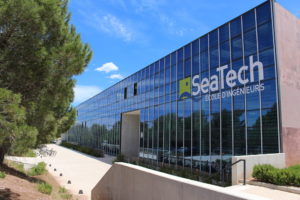
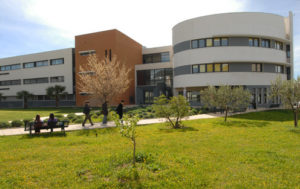
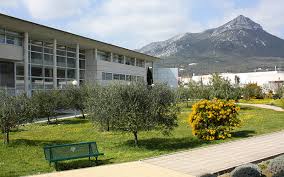
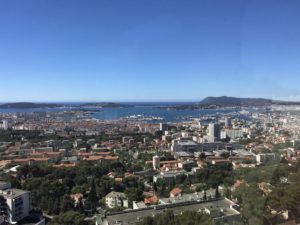
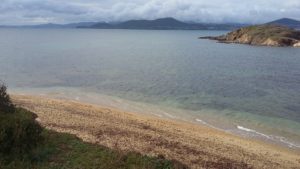
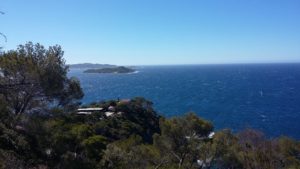
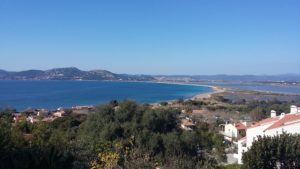
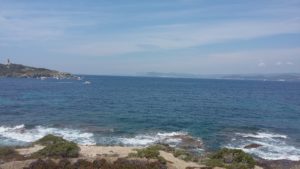
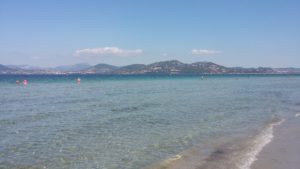
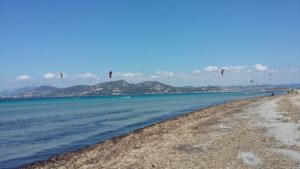
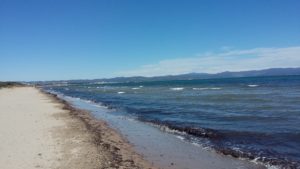
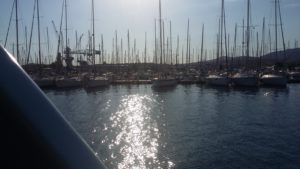
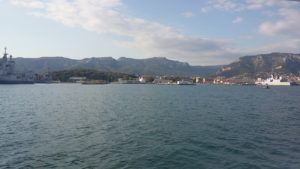
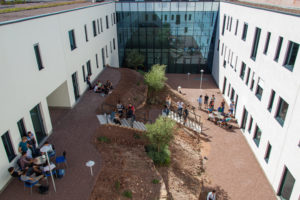
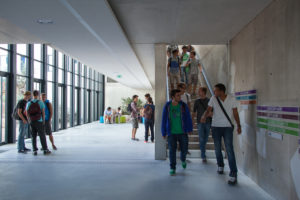
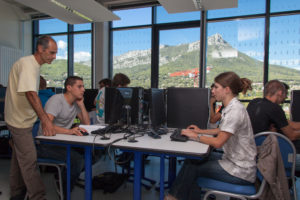
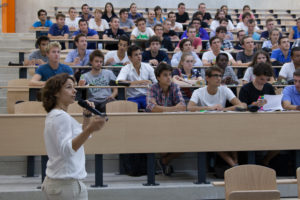
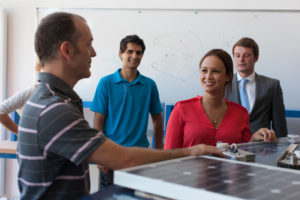


NTNU: Norwegian University of Science and Technology (Norway)
The Norwegian University of Science and Technology, NTNU, is the primary Norwegian university in engineering and technology. NTNU is, however, a full range university. More than 300 PhD degrees are awarded yearly, in the fields of technology, science, arts and humanities, social sciences and medicine. NTNU has a broad range of contacts with industry. The annual budget of NTNU is around € 750 million, 25% of which is externally funded. NTNU is an active participant in the EU Framework Program for Research and Innovation, Horizon2020, with more than 125 projects.
Participating in the MIR is the Department of Marine Technology which is part of the Faculty of Engineering at NTNU
Department of Marine Technology
The department has around 113 employees, including 24 professors and 33 researchers/associate professors. In addition, the department has around 90 PhD candidates. Annually, approximately 150 MSc candidates are graduated from the department through different MSc programs. In addition, 24 PhDs were awarded from the department in 2018.
The department of Marine Technology in collaboration with the department of Engineering Cybernetics, MARINTEK, SINTEF Fisheries and Aquaculture, SINTEC ICT, DNV GL and Equinor and leading international and national collaborators, were awarded a Centre of Excellence by the Research Council of Norway in 2013.
The centre is NTNU AMOS, centre of autonomous marine operations and system. The centre creates fundamental knowledge and innovations through multidisciplinary theoretical, numerical, and experimental research within the knowledge fields of hydrodynamics, structural mechanics, guidance, navigation, and control.
Department of Engineering Cybernetics and Department of Marine Technology
Two departments at NTNU are involved in the programme, namely Department of Engineering Cybernetics and Department of Marine Technology. The departments has specialized in mathematical methods and control theory which facilitate the assessment, development and sustainable operation of Norway´s biggest export industries – oil and gas extraction at sea, ship technology with corresponding equipment industry, fisheries and aquaculture technology – as well as newer developments including offshore renewable energy, coastal infrastructure and marine robotics for mapping and monitoring the ocean environment, including polar regions.
NTNU educates 80% of all engineers in Norway, and holds engineering tracks in building environment, energy and petroleum, minerals, manufacturing, oceans, information & communication technologies, and cybernetics. NTNU takes a multi-disciplinary approach and students learn to work across disciplines through projects such as Experts in teams. Big data and AI are key enabling technologies which are now changing the field of engineering and marine robotics. Competence is being developed in all areas of engineering on how to improve operations by use of digital solutions.
The teaching philosophy is research-based education. This is ensured by teaching personnel (professors) bringing latest research into the portfolio. All professors are required to perform research, publish results in open access as well as supervise several PhD candidates. This ensures an appropriate level of research in education. Also, all courses are required to have a digital component, provide digital exams and digital lecture solutions. This contributes to ensuring excellence in education.
For more information see https://www.ntnu.edu/core-tasks#education
The Marine Cybernetics Laboratory (MC-lab) is a laboratory located at the Department of Marine Technology, NTNU, in Trondheim. The laboratory consists of a control room and a towing tank with dimensions 40m × 6.46m× 1.5m and includes a wave maker, a towing carriage and a 6DOF real-time position system. The MC-lab is often used for experimental testing of DP (Dynamical positioning). The water tank is also used as the underwater laboratory environment. The laboratory is mainly used by Master students and PhD-candidates at the Department of Marine Technology.
AI is a key focus area at NTNU and holds the Norwegian Open Artificial Intelligence Lab as a research centre bringing together research, education and innovation within AI. The objectives of the AI Lab are to enable both basic and applied interdisciplinary research at high international level, and foster strong partnerships between academia, the private sector, public sector, and research institutes. We provide infrastructure and a framework for close cooperation with diverse partners.
NTNU has a dedicated International Office which provides guidance to all international fellows, both students and researchers.
In addition, Students will be enrolled in the local programs at NTNU, and as such they will be well embedded in the larger student and alumni communities. These communities are international as well, but with a higher share of national students. This will help to integrate them into the societies here in Trondheim, Norway.
Students will be offered student housing through the Student Welfare Association (SiT): The centralized international office arranges a welcome week for all students, and offers various forms of assistance to international students etc.:
Students will apply directly to the Directorate of Immigration (UDI) for a student residence permit, admitted students will receive information about that from the International Office.
MIR Local Coordinator
Prof. Martin Ludvigsen
E-mail: martin.ludvigsen@ntnu.no

Universitat Jaume I
The main part of expected activities to develop by MIR students are depending of facilities of the two groups of Robotics working at UJI: IRS-Lab and RobInLab. Summarizing, IRS-Lab is devoted to underwater robotics activities, as principal line of research, meanwhile RobinLab is more focused on other robotics application domains (land and air). Both groups are injecting AI technology for improving the robot capabilities in real domains.
In particular, the experience developed by the IRS-Lab in the context of underwater robotics would focus on:
- Wireless underwater communications,
- both acoustic and radio frequency;
- Image compression algorithms;
- HRI systems including immersive methods based on Virtual and Augmented Reality;
- Development of the UWSim underwater simulator;
- Supervised control of teleoperated systems.
In relation to these aspects and in addition, that of robotic manipulation, the following resources are available on the UJ Campus:
- an underwater manipulator and
- a significant number of different sensors (eg cameras, lasers, tactile and force sensors, etc.), as well as a “water tank” for real tests under controlled conditions.
As for vehicles, the SeaBotix ROV is available with umbilical capable of accessing 200 m deep, equipped with vision and manipulator, as well as other vehicles with lower performance (e.g. OpenROV, BlueROV).
On the other hand, with respect to the investigation in immersive techniques of Virtual and Augmented Reality, in addition to the UWSim simulator, HTC and Oculus systems are available, among other resources. Regarding wireless communications, acoustic and radio frequency modems are available.
Finally, it is noticeable that during 2018, the IRS-Lab has won a call for infrastructure of the regional government (GVA) financed with FEDER funds (IDIFEDER / 2018/013). Fruit of which, a consortium called CIRTESU (RESEARCH CENTER IN ROBOTICS AND UNDERWATER TECHNOLOGIES) has been launched. This project works with two years of equipment financing (2018 and 2020) and one year (2019) with infrastructure financing. Thus, at the end of this year the research center building (on a plot of 500 m2) will be completed, which will contain, among other things, a 12x8x5 m water tank, which allows 480 m3 of capacity and, thanks to the glass armored from one of the walls of the base, the evolution of the experiments of underwater interventions to be implemented with the available equipment can be monitored in real time. Moreover, a “Girona-500” AUV (Autonomous Underwater Vehicle) from Iqua Robotics SL has been acquired during 2018, thanks to this call.
Accommodation
Regarding Accommodation, the International Office (ORI) provides advice to international students offering different accommodation options: Campus residence at the University, another opportunity for housing provided by UJI is the Family Program. Within the Family Program, international students live with a Spanish family in Castellon. The ORI has made available more than 70 families who are willing to provide housing and maintenance to incoming students, whilst also integrating them into their family. The ORI oversees establishing contact between the families and the students and keeping check throughout the students stay. The ORI also makes different initiatives throughout the program such as the Family and Friends Activity, which promotes cultural interchange between international students and families. The UJI also provides an accommodation directory where local property owners can post their ads for their houses and students can rent/share a room/flat. Lastly, there are Facebook groups (i.e. Accommodation Erasmus Castellón) and WhatsApp groups where students can also find housing opportunities. In the matter of Healthcare, the UJI members have access to a Medical Centre on campus, which provides primary care for health problems. This centre has medical and nursing staff, and also provides psychological support. Regarding Visa matters, the ORI issues certificates for incoming students who have been selected under our exchange programs and offers help in advising questions about Visa requirements and procedure. The UJI offers many opportunities to create the best integration possible for interchange students. Starting with the Mentor Program, also commonly known as the Buddy Program, which is a project that establishes contact between international students and students from the home university. The ORI will match the mentors and mentees based on their preferences and studies. The Spanish students start by communicating with the international ones, via email or phone, and thus begin a relationship, most of the time, before the foreign students arrive in Castellon. The mentor is a Spanish friend that will help the new student understand the Spanish culture and educational system. It is a great way of getting to know the city and the places to visit. The ORI plan different activities for international students such as welcoming days for interchange students as well as outer-city and university campus guided tours. The International Relations Office will also help throughout the application and enrolment process. Continuing with the topic of integration, the UJI provides Spanish courses for the incoming students, beginning at the start of the semester.
Student Life
Students’ living costs per month are about 400 euros, which includes accommodation and living expenses. Students can also take advantage of cut-price bus fares on public transport around the town and discounts in the campus refectories. The university faculties at the UJI have cafés where you can enjoy comprehensive and varied set meals for an approximate price of 5 euros. Bars, cafés and supermarkets are located around the campus. Here is an estimate of your possible monthly living expenses:
- Accommodation (electricity, Internet, etc., included) and meals:
Shared flat: €150-250/month (rental) + €200/month on meals = total of €350-450/month
With a family: €460/month (full board) - Transport: €25-35/month
- Personal expenses: €200/month
Housing
The Universitat Jaume I counts with a Welcome Desk for international students and researchers in the International Office that will help you both in the process prior to your arrival at the University and in the process of adaptation. Upon your arrival at UJI, the International Office organises information talks, cultural weeks and leisure activities, among others, which will help you integrate with the university community and the city of Castelló. Castelló is a small city with a wide range of accommodation options and a cost of living lower than in large cities. Comparison between Castelló and other cities of the monthly average cost of a shared flat: Castelló: €180; Valencia: €280 ; Barcelona: €400. There are various accommodation options in Castelló: renting a flat, sharing a flat, university halls of residence, living with a family, etc. The UJI manages an online accommodation directory to help you with your search, and various programmes that may be of interest to you.
Travel – Getting Here
To get more information about UJI services to International student, check the International student guide here.
MIR Local Coordinator
Prof. Pedro J. Sanz
E-mail: sanzp@uji.es
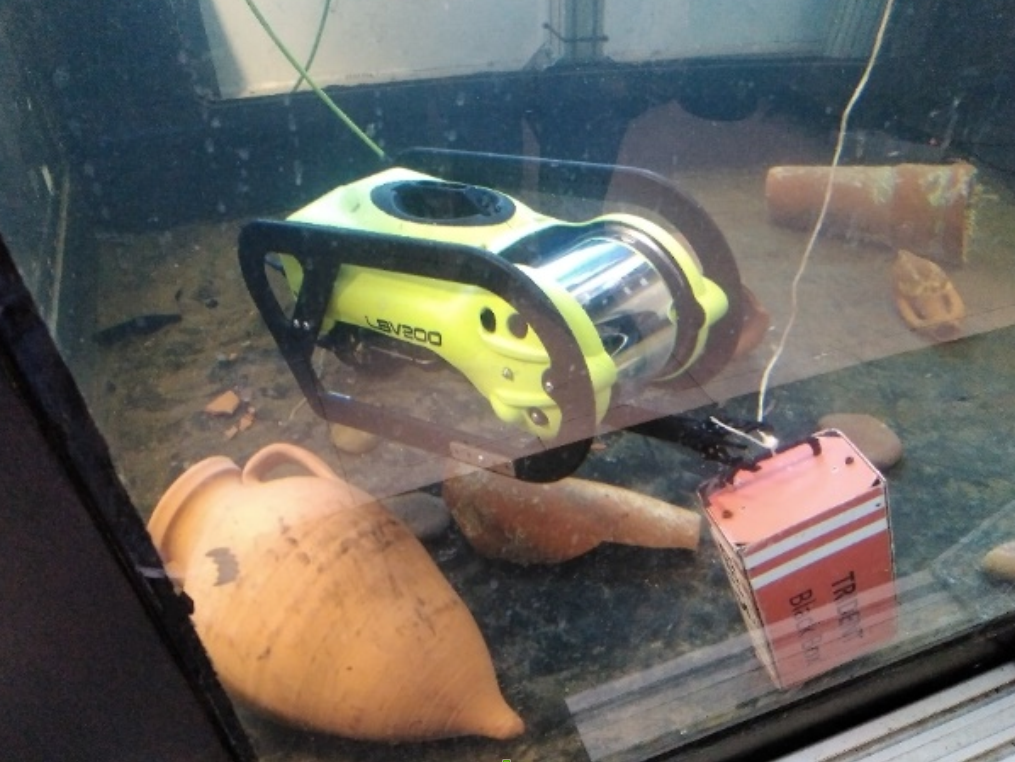
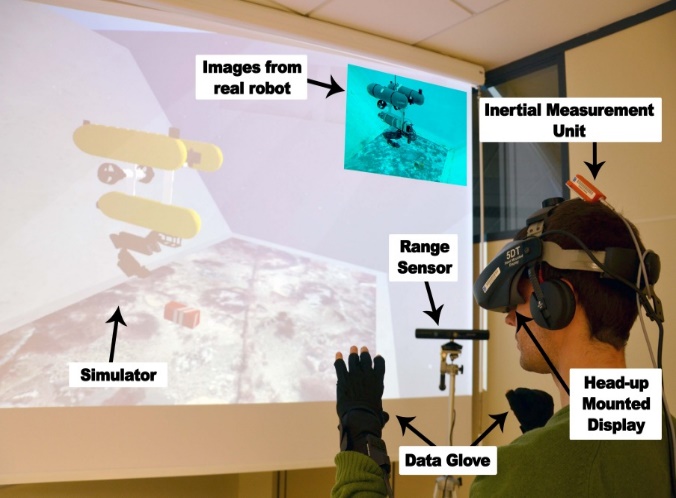
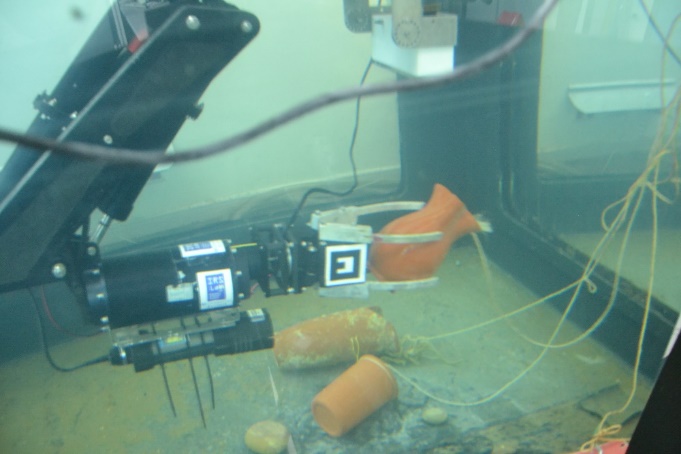
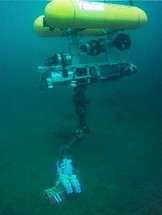

Instituto Superior Técnico - U. Lisboa
The Universidade de Lisboa (ULisboa, abbv. UL) is the largest and most prestigious university in Portugal and one of the leading universities in Europe. UL leads the main international rankings and is amongst the 200 best universities worldwide. UL welcomes more than 7000 foreign students every year – about 14.5 % of the total number of students.
The UL participates in the MIR program through the Instituto Superior Técnico (IST-UL, abbv. IST), a premium engineering, science, and technology school created in 1911 that has been part of the UL since 2013 and integrates competences from all fields of engineering and fundamental sciences.
IST-UL is a member of the CLUSTER Network of leading universities of science and technology in Europe.
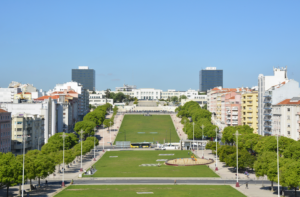
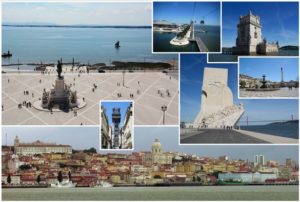
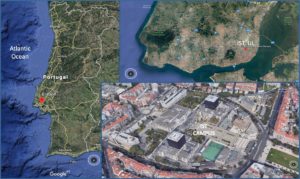
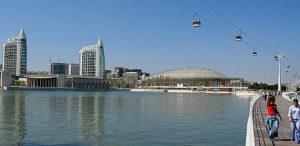
Institute for Systems and Robotics
IST hosts the Institute for Systems and Robotics (ISR/IST), a Center of Excellence that promotes advanced multidisciplinary R&D in the areas of networked autonomous systems (land, marine, and space vehicles), automation and control, signal and image processing, intelligent robots and systems, and communications, with a strong emphasis on experimental field work. Researchers at ISR/IST, integrated in the Dynamical Systems and Ocean Robotics group (DSORg), have made significant contributions in the areas of marine robotic vehicle systems design, development, and operations at sea.
Over the years, ISR/IST staff members have participated in a large number of EU projects and networks of which the following are representative examples:
- EU-H2020-EU.1.4.1.2 / Integrating and opening existing national and regional research infrastructures of European interest/ Proj. ID 731103-EUMarineRobots: Marine Robotics Research Infrastructure Network, 2018-2021,
- EU-H2020-Research and Innovation Program, MarineUAS, GA 642153, 2015-2018,
- EU-H2020-ICT-2014-1/ GA 645141-WIMUST: Widely Scalable Mobile Underwater Sonar Technology, 2015-2018, iv) EU-FP7-PEOPLE-2013-ITN-OceanNet, 2013-2017,
- EU-FP7-ICT-2013-2 GA 611373 – CADDY: Cognitive Autonomous Diving Buddy, 2014-2016,
- EU-FP7-ICT-2011-7 GA 288704-MORPH: Marine Robotic System of Self-Organizing, Logically Linked Physical Nodes, 2012-2016, and
- EU-FP7-ICT-248497-TRIDENT: Marine Robots and Dexterous Manipulation for Enabling Autonomous Underwater Multipurpose Intervention Missions, 2010-2013.
IST-UL, through the ISR/IST laboratory, offers excellent experimental facilities and infrastructures:
- 2 Laboratories,
- 1 Test Tank,
- 2 Electrical/Mechanical Workshops,
- a protected in-water testing facility near the Tagus river with appropriate infrastructures to launch and operate multiple robotic vehicles, and
- access to several Marine Robots.
Researchers at ISR/IST have a well proven track record in the process of going from concept to practice, effectively mastering the different steps involved in the design, construction, and operation of autonomous robots at sea. The latter include 3 MEDUSAD AUVs (autonomous underwater vehicles), the MEDUSA DEEP SEA AUV, the FUSION hybrid ROV/AUV, and 4 autonomous surface vehicles (DELFIM, DELFIMx, and 2 MEDUSAS). IST can therefore offer a sizeable number of autonomous marine robots and enabling systems suitable for the implementation and at sea testing of advanced algorithms for single and cooperative motion planning, navigation, and control.
To operate its fleet of autonomous vehicles, ISR/IST has developed NetMarSys, a Networked Marine Systems Software Tool for Cooperative Mission Programming, Hardware-in-the-Loop Simulation, and Execution.This integrated software tool affords end-users advanced tools for distributed, multiple vehicle mission planning, programming, and execution that are key to a seamless transition from the lab to the real world.
UL’s International Affairs (IA) division of UL aims at promoting its visibility abroad as well as attracting an increasing number of foreign mobility and international students and researchers by establishing and strengthening existing partnerships and networks such as CLUSTER and MAGALHÃES, among others. The division also plays an important role in the participation of UL in international research, training and educational projects, such as Kick InnoEnergy and Erasmus Mundus. The IA division consists of two different, yet complementary offices: the International Office, and the Mobility and International Cooperation Office (MICO) The latter is especially relevant for the MIR program in view of its competencies to: Coordinate mobility programs; Implement and renew agreements; Disseminate mobility programs to students; Support with administrative and internal academic procedures for incoming and outgoing students; Assist foreign students and researchers with visas, contracts, scholarships and social security; Provide Housing services for international students and researchers; Organize Welcome sessions for incoming students at the beginning of each semester; Coordinate foreign visitors (teaching and non-teaching staff) under the different mobility programs, including prospective institutions; Organise and participate in national and international events;
MIR Local Coordinator
Prof. Pedro Batista
E-mail: pbatista@isr.tecnico.ulisboa.pt








